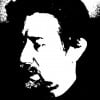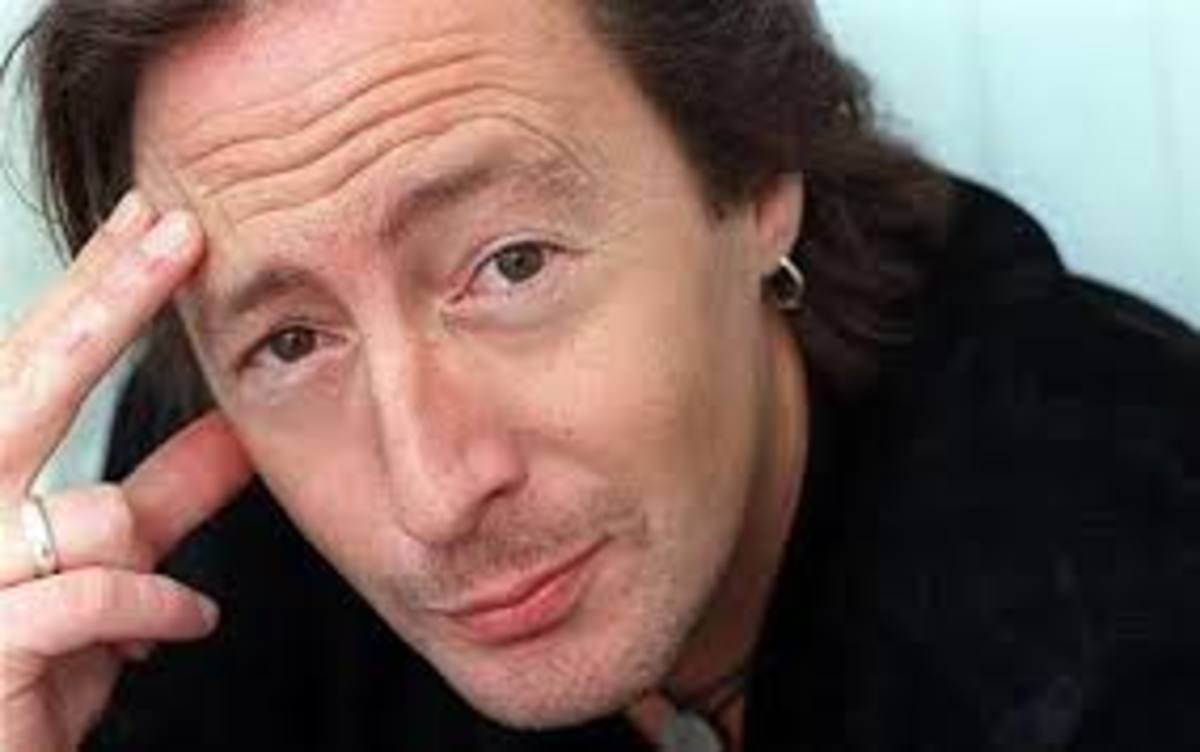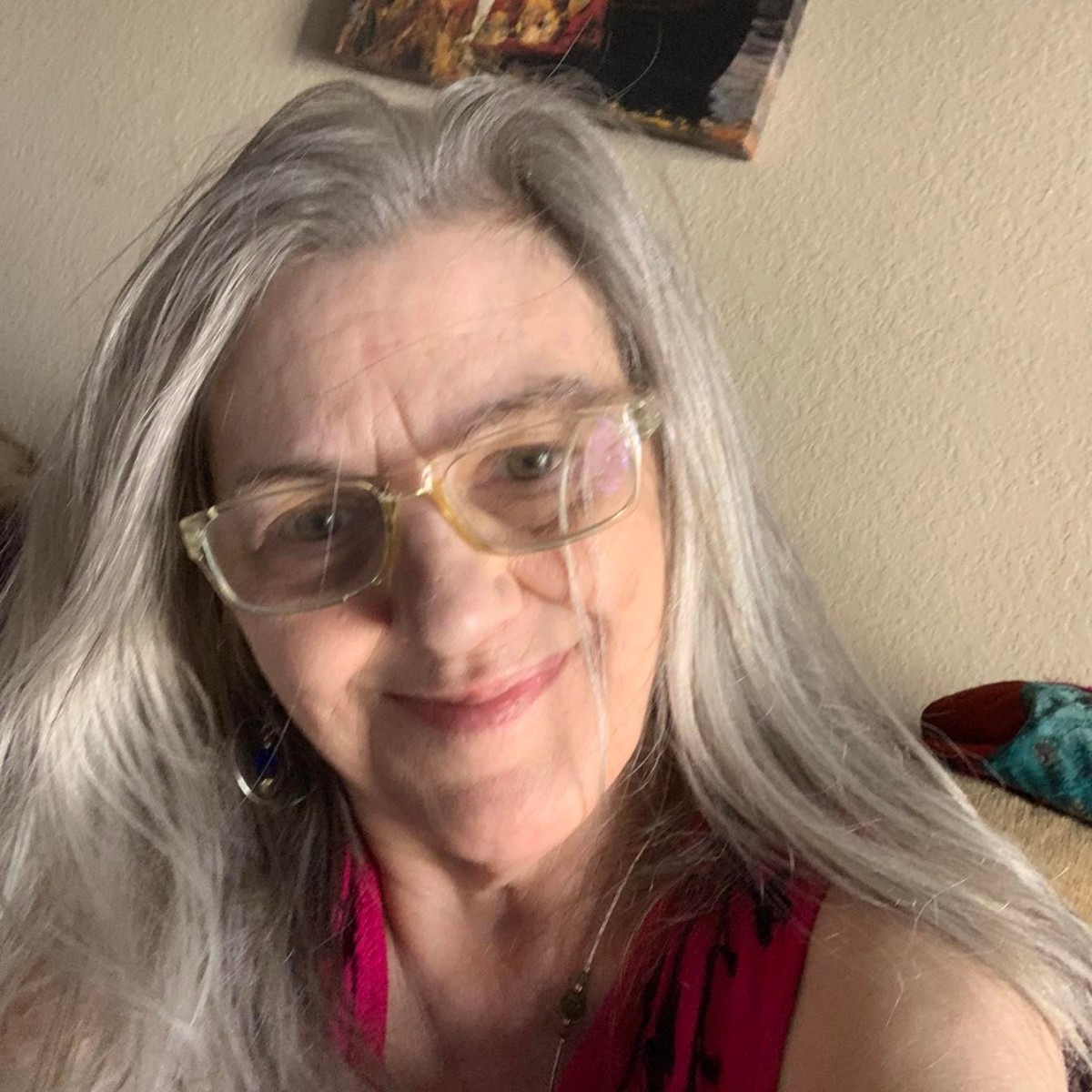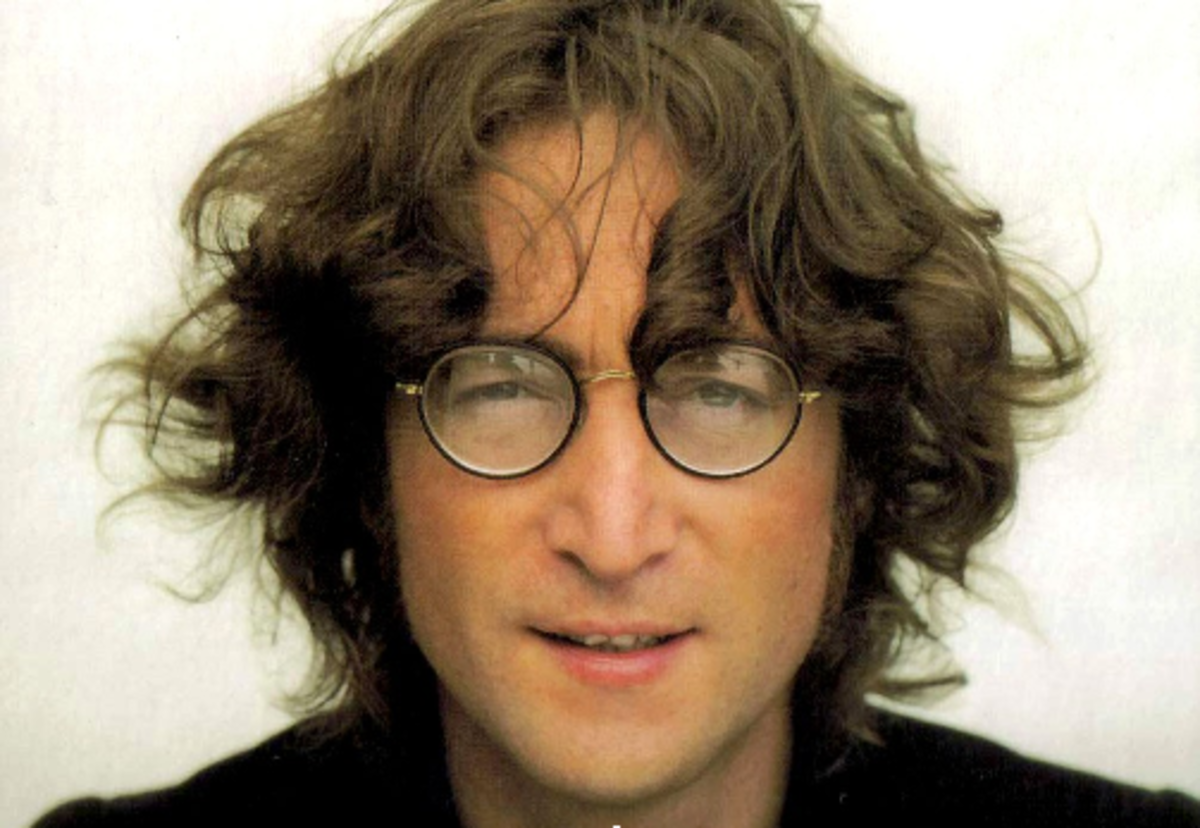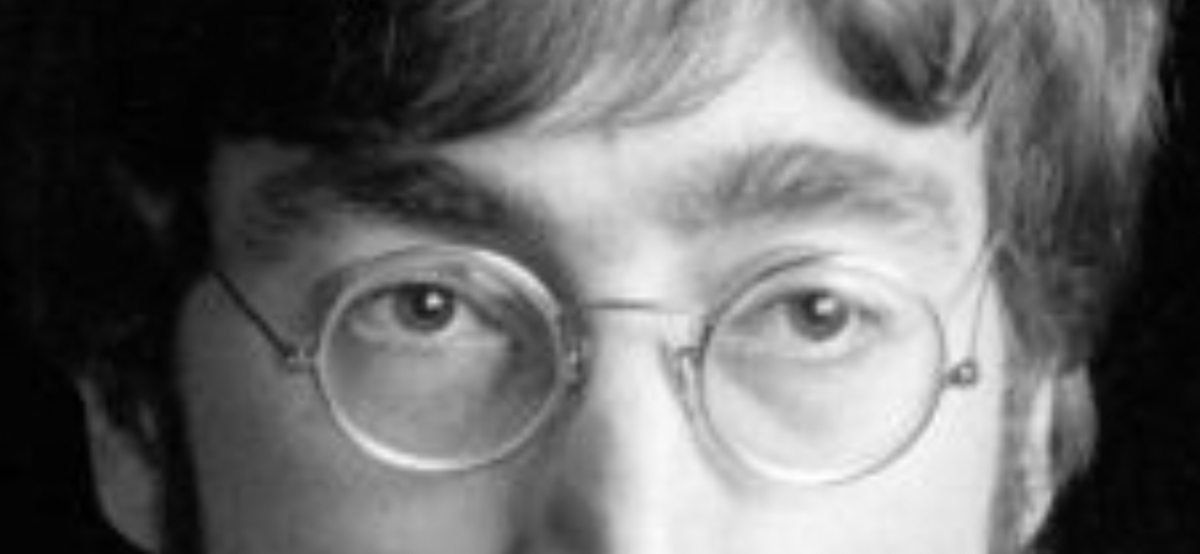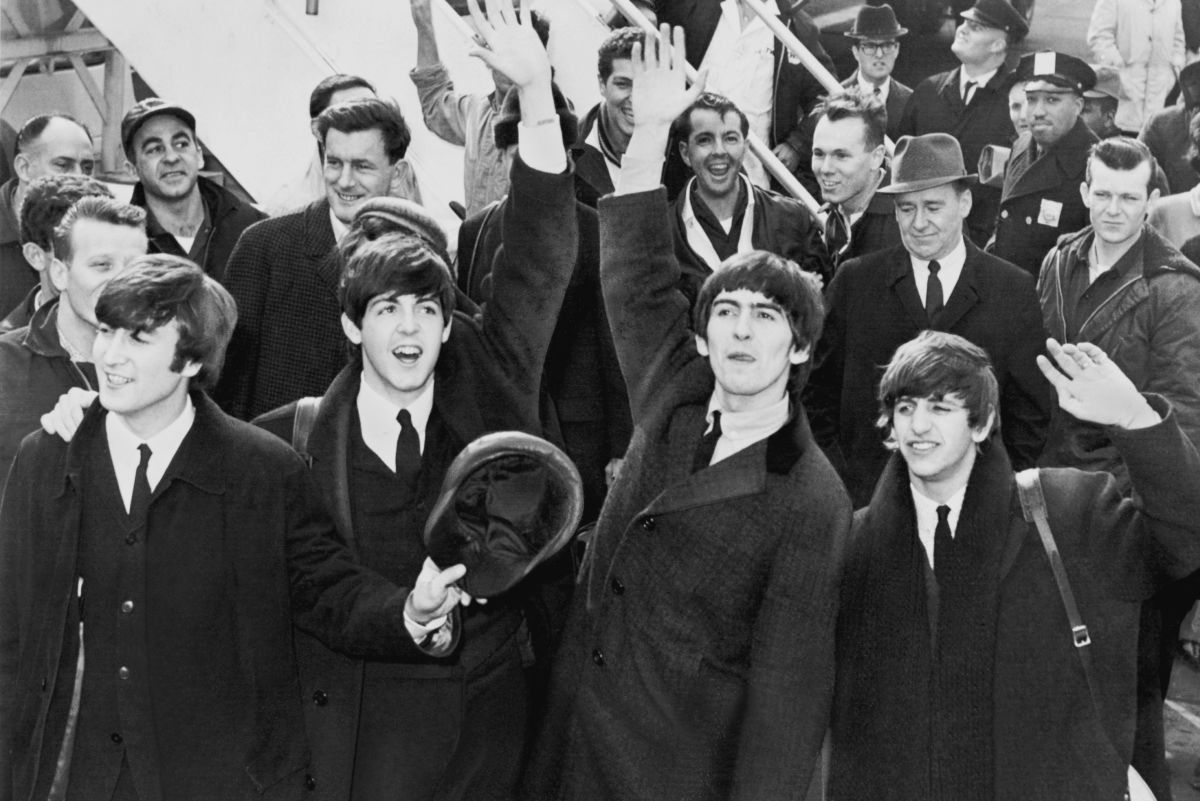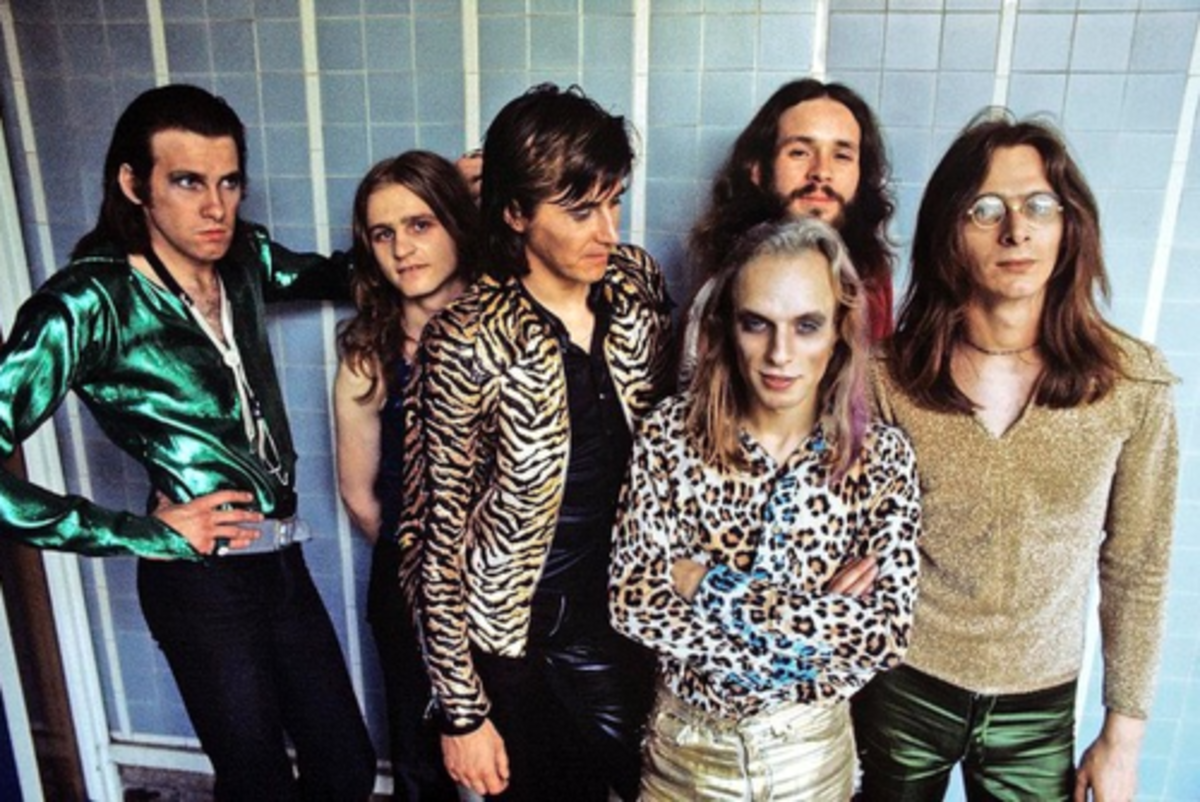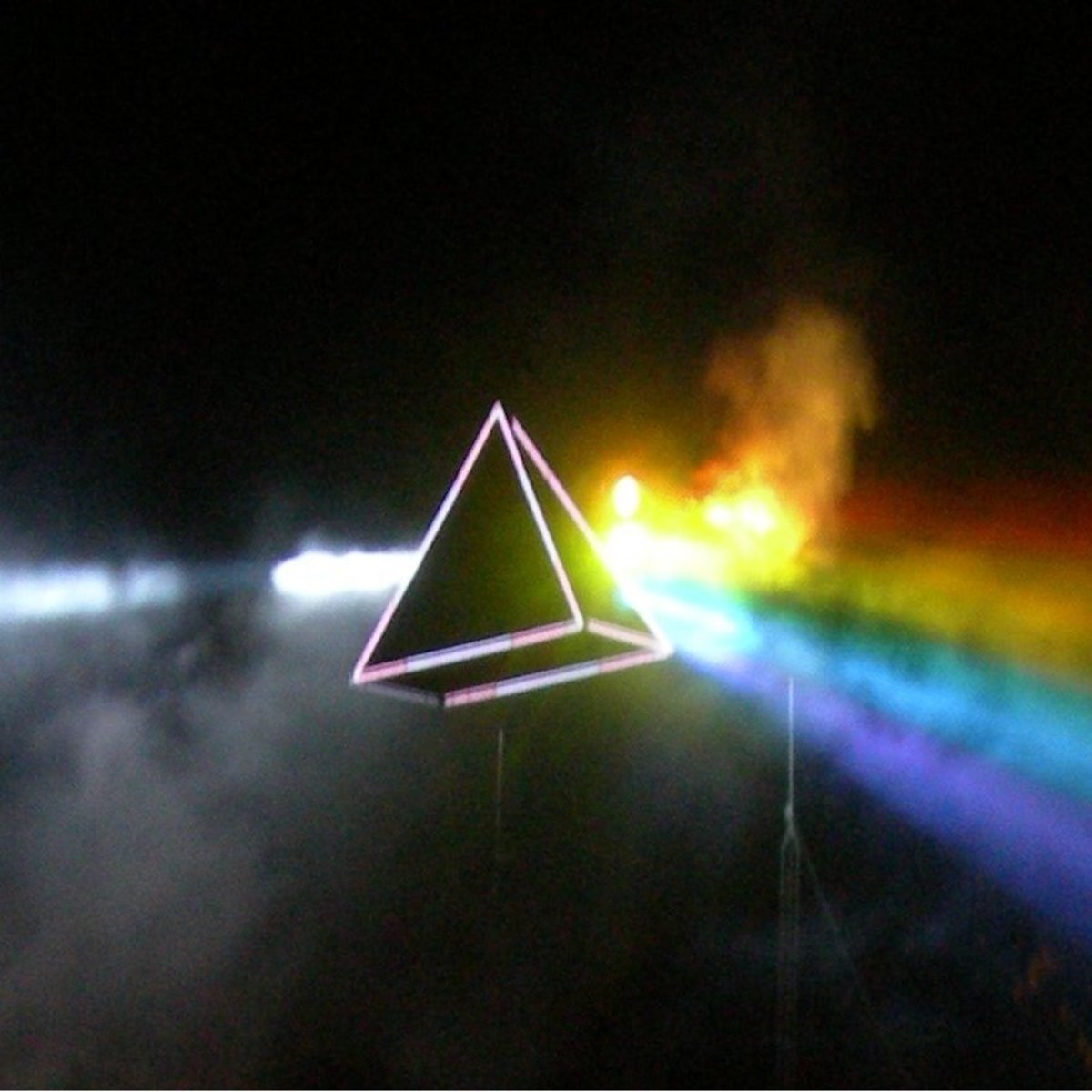The Dream is Over: A Tribute to John Lennon
(Just Like) Starting Over
On December 8,1980 Mark David Chapman gunned down John Lennon on the steps of the Dakota, the New York apartment building in which Lennon, Yoko Ono and his son Sean lived. Lennon was back in the public eye and making music after five years of obscurity as a self-proclaimed “house-husband.” He was on his way home from the recording studio that night when he encountered Chapman, who had been waiting for him most of the day. Chapman meant to kill John Lennon with his premeditated and ruthless attack. His crime was senseless by any standard as there was no shared history between them.
With Lennon’s murder, the world lost a talented musician and visionary. It was ironic to see a man so committed to peace die through such violent means. Lennon himself could not have comprehended this outrageous act. During an interview for Playboy magazine concluded only days before his murder, Lennon said in an eerily prophetic manner, “Mahatma Gandhi and Martin Luther King are great examples of fantastic non-violent people who died violently. I can never work that out. We’re (Lennon and wife Yoko Ono) pacifists, but I’m not sure what it means when you’re such a pacifist that you get shot. I can never understand that.”
Neither can we, John.
From Amazon.com
Lennon Remembered
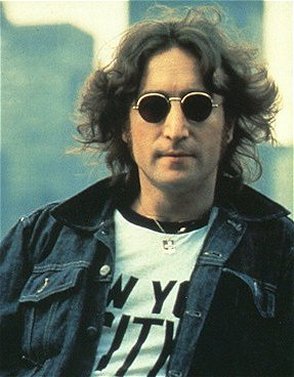
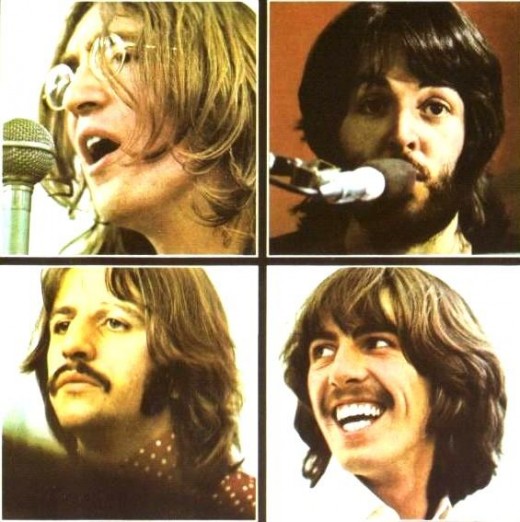
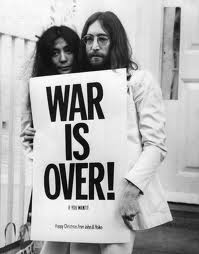
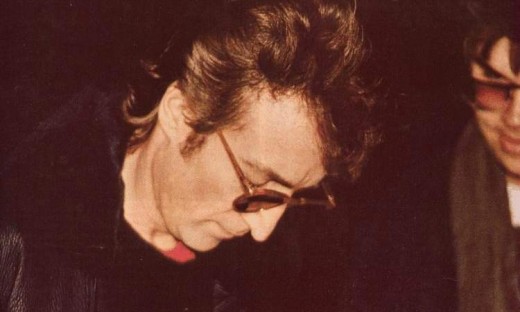
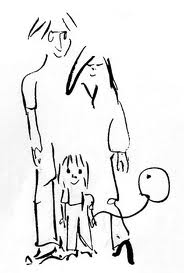
All You Need is Love
Lennon’s murder was similar to the assassination of John Kennedy or the explosion of the space shuttle Challenger in that people remembered what they were doing when they heard the news. I learned of John Lennon’s death when it was confirmed by Howard Cosell on a broadcast of Monday Night Football, and I later watched news reports as tens of thousands of fans in New York and millions more worldwide gathered to share their grief. I called a friend and asked if he had heard the news, and he told me he had. He was getting ready to call me when I reached him.
The next morning I drove to the art studios on the campus of the University of Kansas. I wasn’t in the mood to paint, but Lennon’s death was significant enough that I felt the need to share my feelings with friends. Few students were in the studio that morning, but a young woman I was very close to was there. I sat on the cold cement floor while she painted, and we talked. We chatted about Lennon for awhile and what it meant for the world to lose such a unique individual. Like Benjamin Franklin, John seemed a genius for the common man. He was a millionaire, but his message wasn’t that “greed is good" (to throw in a contemporary analogy); it was that the next ten years were going to be great if we believed they would be. His vision for everyone was to live their own dream. His personal dream was to enjoy middle age while spending time with his wife and son. After decades of writing and performing music (both with the Beatles and as a solo artist) followed by his years of seclusion, Lennon seemed at last to find the proper balance between work and family. He was eager to share his experiences and insights with a world that hadn’t heard from him for awhile.
As I sat and watched my friend work on her painting, we talked about the essence of creativity. We wondered if creativity dries up with age—if there was ever the feeling that you had nothing more to offer artistically. Would Lennon have had decades of songs left in him, or had we already heard most of what he had to say? Perhaps after his latest album was released he would fade back into obscurity, content to remain a house-husband. We also wondered what it meant to carry on if you were creatively spent. Would John Lennon, Freddie Mercury or any other artist who passed away before their time seem less significant with a catalog of 500 songs than if they recorded only 100? At least in John’s case, we would never know. Four bullets from Chapman’s .38 Special revolver would leave those questions unanswered.
John’s legacy is encapsulated in twelve albums recorded with the Beatles; eight solo albums and three more “experimental” recordings; three movies and one animated film starring the Beatles; two books; and, a number of drawings and sketches. An abundance of books and films about the Beatles and John Lennon were created in the months and years following his death, and his life has been documented and analyzed to an extent that has rarely been equaled. He was special, and everyone wanted to know more about him. We had to content ourselves with what had been written about his past, however, since his future had been cut short.
I think John DID believe
Imagine
As much as we loved his music, John Lennon might have offered the world more through his campaigns for peace. Many considered his homilies to be shallow and trite, but John never stopped being an advocate for peace. He shouted from the rooftops and bedrooms that the future was going to be great, and we wanted to believe with him. He perhaps took a few wrong turns, connecting with Arthur Janov, the Maharishi Mahesh Yogi, and sixties radicals Abbie Hoffman and Jerry Rubin. It might be that Lennon needed to interact with this wildly disparate collection of individuals to crystallize his own political and spiritual philosophies, but his message didn’t strike a resonant chord until he focused on his family life. When he stripped away the mythology of John Lennon the Beatle and activist, Lennon the man suddenly made complete sense.
The dream is over for John. Mark David Chapman killed the messenger at approximately 11:00 PM on December 8th, but John’s dream doesn’t have to die with him. We can still listen to John’s music and imagine a world with nothing to kill or die for. We can still imagine all the people living life in peace. John had it right—he was a dreamer, but he wasn’t the only one. We can live his dream for him. We can create a world where peace is not viewed as weakness. We can still try to prove that love is all you need.
“I believe in everything until it is disproved. I believe in fairies, the myths, dragons—it all exists, even if it’s in your mind. Who’s to say that dreams and nightmares aren’t as real as the here and now?” --John Lennon
Written in remembrance of John Lennon on what should have been his 70th birthday—October 9th, 2010.
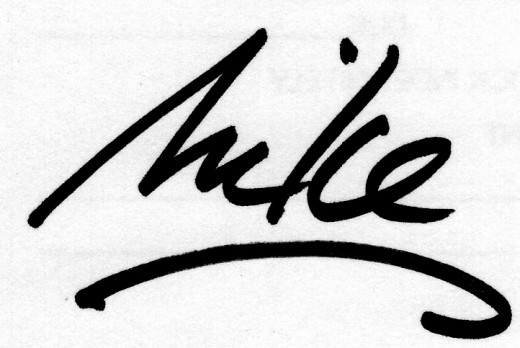
Read more articles about music by this author
- Songs for the Road
I fondly recall numerous excursions heading west on Interstate 70 toward Colorado, California, Las Vegas or anywhere but Kansas. I took many road trips, by myself or with friends. The vehicles were... - The Moody Blues' Lost Years: Their Solo Work Remembered
The Moody Blues are one of the most enduring and beloved rock bands in music history. Justin Hayward, John Lodge, Graeme Edge and Ray Thomas have been performing for over 40 years, and have written... - The Moody Blues-On The Threshold of a Dream: A Review
The band: Justin Hayward, John Lodge, Graeme Edge, Ray Thomas, and Michael Pinder. The Moody Blues have sold over 50 million albums during the course of their 40+ year career. The album On the... - Twelve Favorite Love Songs
Im driving my car down a quiet road on a warm spring day. Trees line both sides of the road, stretching into the distance. The windows are open and the breeze hits my face and softly caresses my... - An Evening with the Moody Blues
Words inexplicably fail me as I attempt to describe what the Moody Blues have meant to me since I first heard On the Threshold of a Dream in 1969. This classic rock band has unknowingly provided... - Four Country Songs That Tell a Story
A song that attracts our attention or even touches our heart typically combines a nice melody with strong lyrics. We can certainly appreciate a song that offers only powerful words or a strong tune but...
